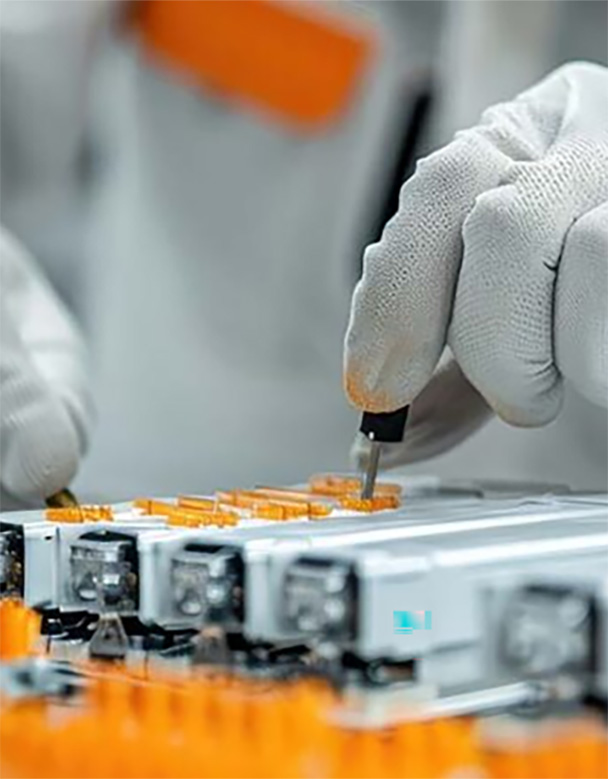Managing Global Teams in Battery Technology Development
With the progression of electric vehicle (EV) battery technology, manufacturers are depending on international teams to foster innovation, enhance efficiency, and promote scalability. Managing cross-functional teams across several time zones, cultures, and regulatory environments has distinct obstacles in communication, data sharing, and compliance monitoring.
A crucial element in effective worldwide battery development is the consolidation of product data. Product lifecycle management (PLM) software offers a unified repository of information, enabling teams in research and development, supply chain, and production to obtain real-time product data. This mitigates confusion, expedites design iterations, and guarantees that engineering teams stay aligned during the development process.
A significant obstacle is regulatory compliance. Battery producers must adhere to regional safety, environmental, and quality standards, including ISO 9001, IATF 16949, and digital product passport (DPP) regulations in Europe.
Integrating PLM with quality management systems (QMS) enables teams to automate compliance monitoring and verify that battery materials, components, and designs adhere to international standards.
Efficient collaboration tools and cloud-based platforms are crucial for managing distributed teams. Virtual prototyping, AI-driven simulations, and digital twins allow engineers to evaluate battery designs remotely, minimizing expensive physical prototypes and expediting innovation.
As battery manufacturers broaden their international presence, the use of PLM and QMS solutions is crucial for facilitating cooperation, ensuring regulatory compliance, and expediting time to market; thereby, maintaining the efficiency, connectivity, and innovation of multinational teams within the dynamic EV battery sector.















